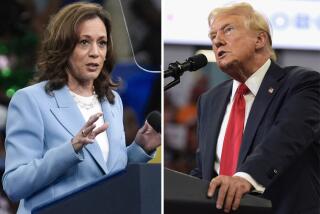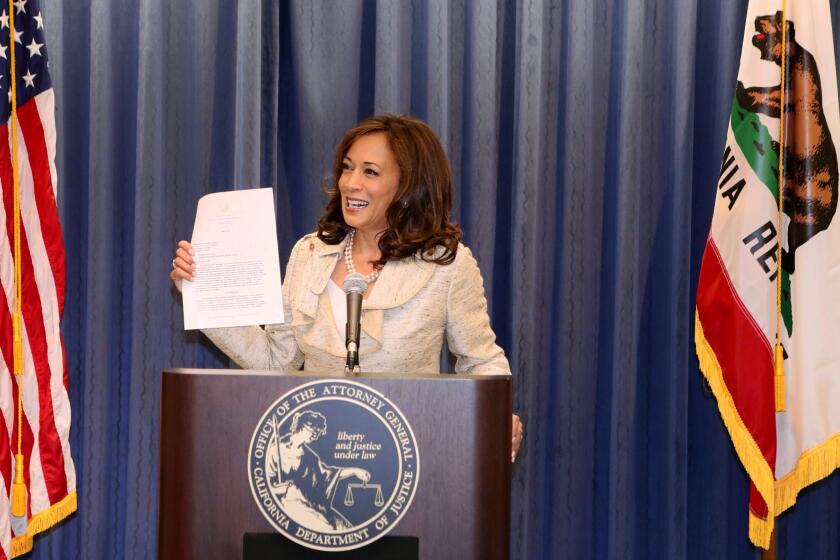Better than the ‘Buffett rule’
The “Buffett rule” proposal appears to be dead for this session of Congress. The president characterized increasing taxes on wealthy people as a matter of fairness, but the Republican Congress didn’t agree — not to mention that they weren’t willing to support any tax increase in the current economic times.
There is a middle road on taxes, though. Congress could have increased taxes on capital gains and dividends (which really is what is at stake in the Buffett rule) but lowered personal income taxes by the same amount. That wouldn’t reduce the deficit, but it wouldn’t add to it either. More important, it would help our economic recovery.
When billionaire Warren Buffet announced to the world that his secretary paid a higher percentage of her income in taxes than he did, his conclusion was that he should pay more. His comments led to President Obama’s proposal that millionaires should pay their “fair share” of income taxes: at least 30% of their income every year.
But we’re having the wrong conversation. The question shouldn’t be whether wealthy people are paying their fair share but rather how investment, consumption and taxes figure in our economic recovery.
Should the top 5% of Americans, by income, pay only 5% of all income taxes? Of course not, given that they account for about 32% of the adjusted gross income reported on U.S. tax returns.
But is it fair for them to pay vastly more than that? Currently, they pay almost 60% of all federal income taxes collected (though advocates of higher taxes on the rich point out that the number comes in under 60% if we include the effect of Social Security taxes and state sales taxes).
Granting every assumption to the advocates of higher taxes on the wealthy, however, the wealthy still pay much more in total taxes than 32%, which would be their share of adjusted gross income. Too little tax might be unfair, but so is too much.
No amount of data will change minds here. Those favoring greater redistribution of wealth will argue that the tax system behind the present distribution of wealth is unfair.
Instead of asking what is fair, let’s start with a more basic question: Why does Buffet (who pays tons of taxes) pay less than 30% of his income to the federal government?
The reason is that he makes most of his money in capital gains and dividends, which are taxed at a lower percentage than ordinary income. The lower rate was adopted not to help the rich but to encourage people to invest.
If Buffett received a small gift from a relative, neither he nor his relative would pay any taxes on it. If he made the same amount of money as salary from one of the companies he controls, he’d have to pay a high tax rate on that salary (at least as high as the rate his secretary pays). When he sells some of his stock, he pays taxes at an in-between level. All of these things represent income to Buffett. Why tax them at different rates?
The rationale for a different tax on each of these types of income lies in the effect of taxation on incentives for behavior, and the macro-economic effect of that behavior. Taxing any activity depresses the production of that activity. An individual can invest a dollar of income or spend that dollar. Investing a dollar will yield dividends and capital gains. Tax those two higher than they are presently taxed and there will be less investment. That means more consumption — assuming there’s no increase in the tax on consumption too.
What we need to do is change the debate from Buffett and his secretary to an explicit debate over investment versus consumption, and which the government should be trying to encourage. The question should be: Do we need to incentivize investment over consumption, or consumption over investment, in today’s economic circumstances?
Corporations presently have exceptionally high levels of retained earnings. Apple, for instance, is buying back its shares rather than using the money to fund more inventions. This suggests that, at the moment, there’s not all that much need to provide incentives for investment in corporations.
So how might we change tax policy to help the economy? Suppose we increase taxes on capital gains and dividends but lower ordinary income taxes by the same amount. Without any change in total government revenue, we would have incentivized a shift from investment toward consumer spending. Everything we know about our slow recovery indicates that would be wise. Consumer spending causes companies to hire more employees to make the goods that consumers buy. More employment leads to more consumer spending, and the cycle of recovery would be boosted. America needs investment too, but at this point, not as critically.
The lingering hesitation to follow this advice stems not from economic science but from political science. It’s hard for reasonable people just interested in doing what’s best for the economy to see past the populist, and redistributionist, grounds on which the president has made his case. Instinctively, many are turned off by an argument based on making the top 5% pay more: Isn’t the fact that they already pay almost 60% of all federal income taxes enough? Had Obama based his argument not on fairness grounds but on economic recovery, the proposal might have been much better received.
Tom Campbell is dean and professor of law and a professor of economics at Chapman University. He served five terms as a Republican in theU.S. House of Representatives.
More to Read
A cure for the common opinion
Get thought-provoking perspectives with our weekly newsletter.
You may occasionally receive promotional content from the Los Angeles Times.










